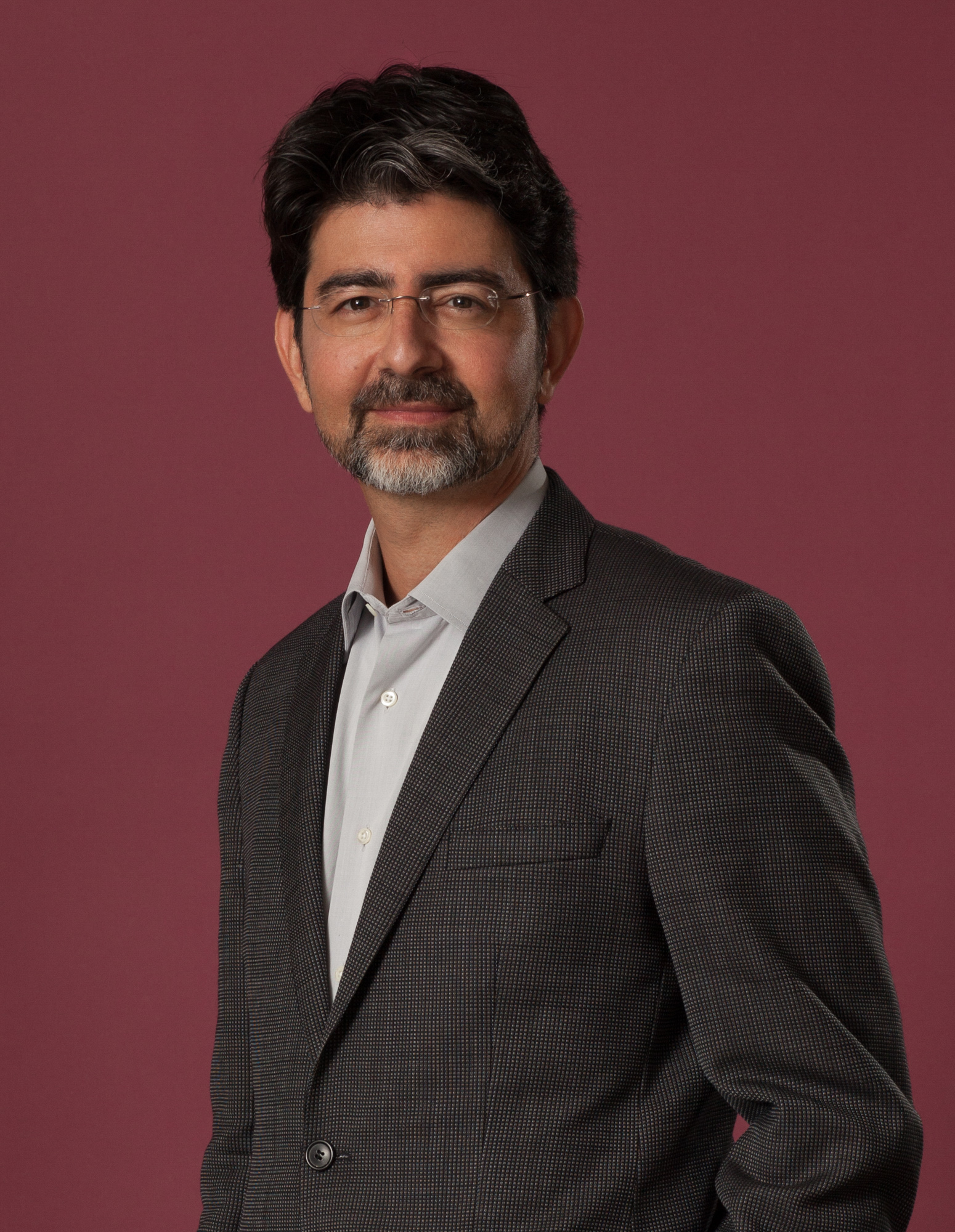Pierre Poilievre net worth has become a topic of significant interest among Canadians and political enthusiasts alike. As a prominent Canadian politician and Member of Parliament, Pierre Poilievre has carved out a reputation as a vocal advocate for financial freedom and economic reform. His journey in politics, coupled with his public persona, has sparked curiosity about his financial standing and how it aligns with his advocacy for fiscal responsibility. Understanding Pierre Poilievre's net worth not only sheds light on his personal wealth but also provides a deeper perspective on his political ideologies and their implications for Canada's economic landscape.
Born and raised in Calgary, Alberta, Pierre Poilievre has been a steadfast figure in Canadian politics for over two decades. His career trajectory, marked by his election to the House of Commons at the young age of 25, showcases his early commitment to public service. Over the years, Poilievre has held various ministerial positions, including Minister of Democratic Reform and Minister of Employment and Social Development, which have undoubtedly contributed to his financial stability. These roles have not only enhanced his political influence but also positioned him as a key player in shaping Canada's economic policies.
Given his outspoken stance on financial matters, such as opposing excessive government spending and advocating for individual liberties, Pierre Poilievre's net worth is often scrutinized. His financial disclosures, public statements, and lifestyle choices provide a glimpse into how he manages his wealth. In this article, we will delve deeper into the factors that contribute to Pierre Poilievre's net worth, explore his career milestones, and analyze how his financial standing aligns with his political philosophies. By the end, readers will gain a comprehensive understanding of his wealth and its broader implications.
Read also:Unraveling The Mystery Of Yodit Tewoldes Husband
Table of Contents
Biography of Pierre Poilievre
Pierre Poilievre was born on June 3, 1979, in Calgary, Alberta, Canada. Growing up in a middle-class family, he developed an early interest in politics and public service. His academic journey began at the University of Calgary, where he studied political science and economics. These fields of study laid the foundation for his future career in politics and his understanding of economic principles.
Poilievre's political career took off when he was elected to the House of Commons in 2004 at the age of 25, making him one of the youngest Members of Parliament in Canadian history. Over the years, he has represented the riding of Carleton and has been a prominent figure in the Conservative Party of Canada. His rise in politics has been marked by his commitment to advocating for fiscal responsibility and reducing government intervention in the economy.
Personal Information
| Full Name | Pierre Poilievre |
|---|---|
| Date of Birth | June 3, 1979 |
| Place of Birth | Calgary, Alberta, Canada |
| Political Party | Conservative Party of Canada |
| Occupation | Politician, Member of Parliament |
Pierre Poilievre's Political Career
Pierre Poilievre's political career is a testament to his dedication to public service and his ability to navigate the complexities of Canadian politics. Since his election to the House of Commons in 2004, Poilievre has held several key positions, including Minister of Democratic Reform and Minister of Employment and Social Development. These roles have allowed him to influence policies related to government transparency, labor laws, and social programs.
One of Poilievre's notable achievements was his work on the Federal Accountability Act, which aimed to increase transparency and accountability in government operations. His efforts in this area have earned him recognition as a champion of fiscal responsibility and government efficiency. Additionally, his advocacy for reducing bureaucratic red tape and promoting individual freedoms has resonated with many Canadians who share his vision for a more streamlined and accountable government.
Poilievre's political career has not been without challenges. He has faced criticism from opponents who question his policies and their potential impact on vulnerable populations. However, his ability to articulate his positions and engage with constituents has helped him maintain a strong base of support. As he continues to rise in prominence within the Conservative Party, Poilievre remains a key figure in shaping Canada's political and economic future.
Financial Disclosure and Net Worth
Pierre Poilievre's financial disclosures provide valuable insights into his net worth and how he manages his assets. As a public official, Poilievre is required to submit annual financial disclosure reports, which detail his income, assets, liabilities, and investments. These reports are publicly available and serve as a transparent record of his financial standing.
Read also:Is Sam Mccall Married In Real Life Unveiling The Truth
According to his latest financial disclosure, Pierre Poilievre's net worth is estimated to be in the range of CAD 1-2 million. This figure includes his primary residence, investments, and other assets. While his net worth is modest compared to some high-profile politicians, it reflects his commitment to living within his means and prioritizing financial responsibility.
Key Components of His Net Worth
- Primary Residence: Poilievre owns a home in Ottawa, which is valued at approximately CAD 750,000.
- Investments: His investment portfolio includes stocks, bonds, and mutual funds, totaling around CAD 500,000.
- Income: As a Member of Parliament, Poilievre earns a base salary of CAD 185,800 annually, supplemented by additional allowances for his roles and responsibilities.
- Liabilities: His financial disclosures indicate minimal liabilities, primarily consisting of a mortgage on his primary residence.
Poilievre's financial disclosures reveal a prudent approach to wealth management, aligning with his advocacy for fiscal responsibility. His investments are diversified, reducing risk and ensuring long-term financial stability. This disciplined approach to personal finance underscores his credibility as a proponent of sound economic policies.
Sources of Income
Pierre Poilievre's income is primarily derived from his role as a Member of Parliament and his various ministerial positions. His base salary as an MP is CAD 185,800, which is standard for all Members of Parliament in Canada. In addition to his base salary, Poilievre receives additional allowances and benefits, depending on his roles and responsibilities within the government.
As a minister, Poilievre is entitled to additional compensation, which varies based on the portfolio he holds. For example, during his tenure as Minister of Democratic Reform, he received an additional stipend of approximately CAD 20,000 annually. These additional earnings contribute to his overall income and help support his financial obligations.
Outside of his political career, Poilievre has also engaged in public speaking and writing, further supplementing his income. His expertise in economics and government reform has made him a sought-after speaker at conferences and events, where he shares insights on fiscal responsibility and policy reform. While these activities do not constitute a significant portion of his income, they demonstrate his commitment to sharing knowledge and influencing public discourse.
Investments and Assets
Pierre Poilievre's investment strategy reflects his belief in financial prudence and long-term stability. His portfolio is diversified across various asset classes, including stocks, bonds, and mutual funds, ensuring a balanced approach to wealth management. This diversification not only minimizes risk but also aligns with his advocacy for responsible financial practices.
One of Poilievre's key investment holdings is in Canadian equities, where he has invested in companies with strong fundamentals and growth potential. His focus on domestic investments underscores his commitment to supporting the Canadian economy and fostering local business growth. Additionally, he holds a significant portion of his portfolio in government bonds, which provide a stable and predictable source of income.
Beyond traditional investments, Poilievre has also explored opportunities in real estate. His primary residence in Ottawa is a testament to his belief in the value of property ownership as a cornerstone of financial stability. While he does not engage in speculative real estate ventures, his investment in his home reflects a long-term perspective on asset appreciation.
Real Estate and Property
- Primary Residence: Valued at CAD 750,000, located in Ottawa.
- Future Plans: Poilievre has expressed interest in acquiring additional properties for investment purposes, though he remains cautious about overextending financially.
Poilievre's approach to investments is characterized by a focus on sustainability and risk management. By prioritizing diversified and stable assets, he ensures that his financial standing remains robust, even in uncertain economic times. This disciplined investment strategy not only supports his personal wealth but also reinforces his credibility as an advocate for fiscal responsibility.
Economic Philosophies and Financial Stance
Pierre Poilievre's economic philosophies are deeply rooted in the principles of fiscal responsibility, individual liberty, and limited government intervention. These beliefs have not only shaped his political career but also influenced his personal financial decisions. Poilievre is a staunch advocate for reducing government spending, lowering taxes, and promoting free-market policies that empower individuals and businesses to thrive.
His stance on fiscal responsibility is evident in his voting record and public statements. Poilievre has consistently opposed policies that he believes lead to excessive government debt and inefficiency. For example, he has been a vocal critic of large-scale stimulus packages, arguing that they often result in wasteful spending and long-term financial burdens. Instead, he advocates for targeted investments that yield measurable benefits for taxpayers.
Poilievre's commitment to individual liberty is reflected in his support for policies that enhance personal freedoms and reduce bureaucratic red tape. He believes that individuals are best equipped to make decisions about their own lives, whether it pertains to their finances, careers, or healthcare. This philosophy is mirrored in his personal financial practices, where he prioritizes independence and self-reliance. His diversified investment portfolio and cautious approach to debt underscore his belief in taking personal responsibility for financial well-being.
Furthermore, Poilievre's advocacy for limited government intervention extends to his views on regulation and economic policy. He argues that excessive regulation stifles innovation and economic growth, and he has called for reforms to streamline regulatory processes. This perspective is consistent with his financial strategy, which emphasizes minimizing reliance on government programs and maximizing personal financial independence.
Public Perception of His Wealth
The public perception of Pierre Poilievre's wealth is a nuanced topic that reflects broader societal attitudes toward politicians and their financial transparency. While some Canadians view his financial disclosures as a testament to his integrity and commitment to fiscal responsibility, others scrutinize his net worth as a potential conflict of interest or a reflection of privilege. These contrasting perspectives highlight the challenges faced by public figures in balancing transparency with public trust.
Supporters of Poilievre often praise his modest net worth and prudent financial management as evidence of his alignment with the values he espouses. His diversified investment portfolio, minimal liabilities, and focus on long-term stability resonate with constituents who share his vision for economic reform. Many appreciate his transparency in disclosing his financial information, viewing it as a demonstration of accountability and trustworthiness.
However, critics argue that Poilievre's wealth, while modest by political standards, still places him in a privileged position compared to the average Canadian. Some question whether his financial decisions and policies are influenced by his personal assets, particularly his investments in Canadian equities and real estate. These concerns are amplified by debates over wealth inequality and the role of politicians in addressing economic disparities.
Despite these criticisms, Poilievre's financial transparency has largely bolstered his reputation as a credible advocate for fiscal responsibility. His willingness to disclose his financial standing and engage in discussions about wealth management reinforces his commitment to public accountability. This transparency not only aligns with his political philosophies but also strengthens his credibility as a leader in economic reform.
Comparison with Other Politicians

